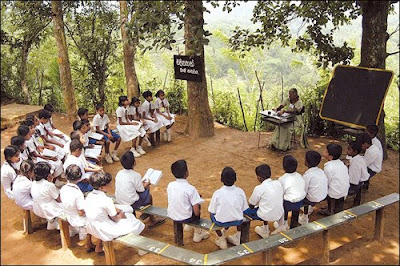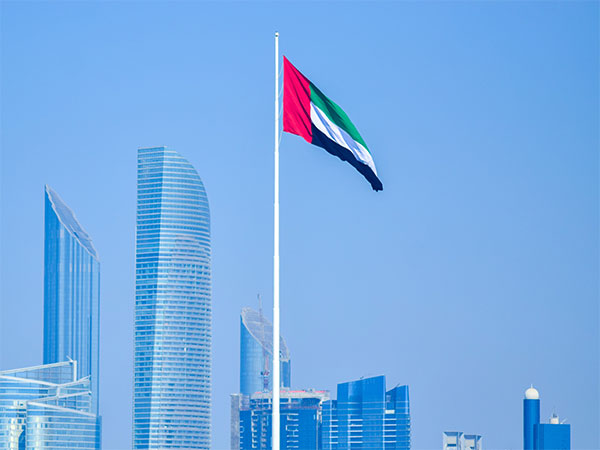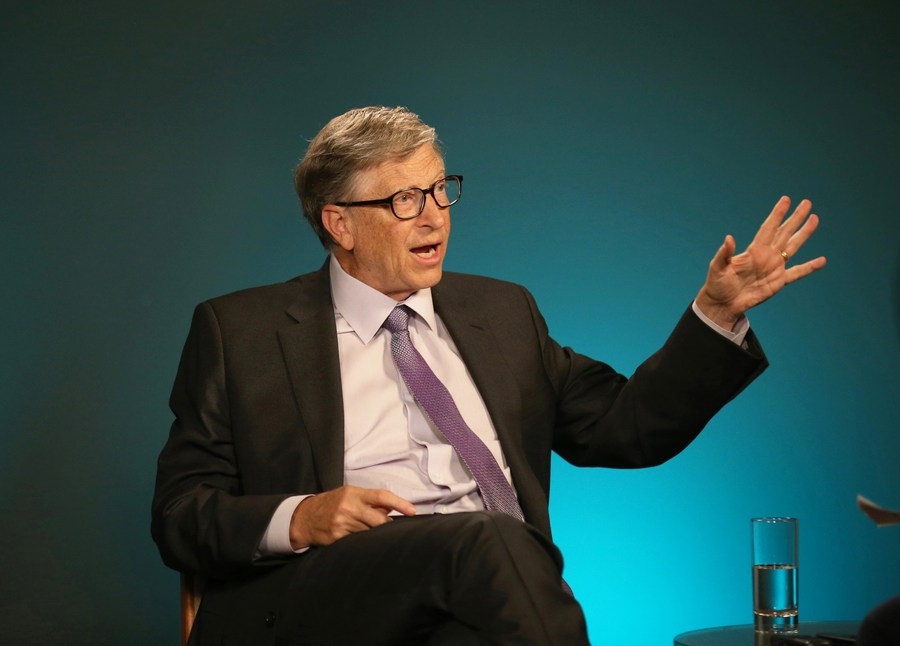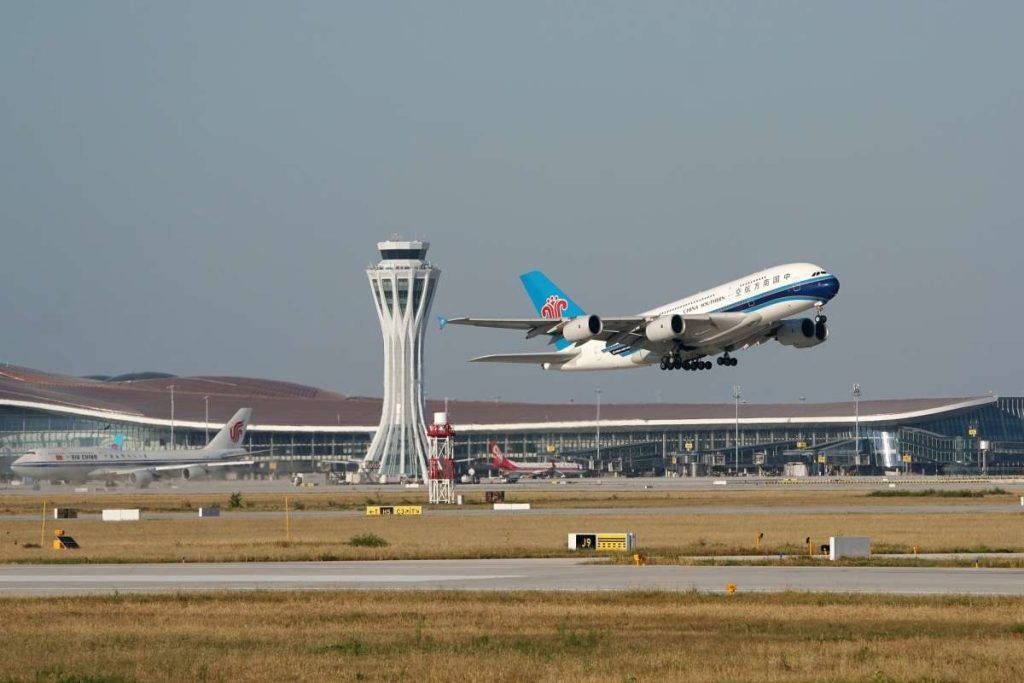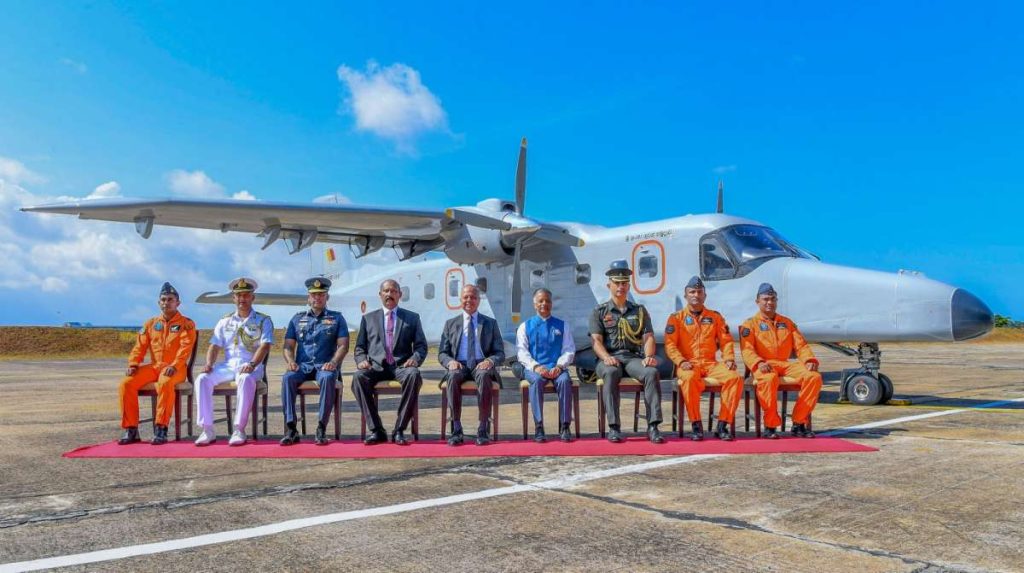The learning crisis has affected vulnerable children the most, including younger children in primary grades and those in plantation estates in the country, the study revealed…reports Asian Lite News
Battered by the worst-ever economic crisis in its post-independence history, Sri Lanka’s allocation of its GDP on education has become one of the lowest in the South Asian region.
Releasing the finding of a Ministry of Education (MoE)-led national assessment, UNICEF stated that currently, Sri Lanka allocates less than 2 per cent of its GDP on education, which falls well below the international benchmark of 4-6 per cent.
The study has revealed that around 1.6 million primary school children across the country are facing challenges due to the Covid-19 pandemic and the economic crisis, with 85 per cent of children in Grade 3 not achieving the minimum literacy and numeracy levels which is essential in their transition to secondary school and beyond, both in life and work.
The learning crisis has affected vulnerable children the most, including younger children in primary grades and those in plantation estates in the country, the study revealed.
The MoE and UNICEF had spearheaded a national initiative to help 1.6 million primary school children impacted by prolonged school closures and sporadic disruptions to their education over the past three years, to catch up on their learning.
According to the national assessment, 85 per cent of Grade 3 children are not achieving minimum proficiency in literacy and numeracy, which is essential in their transition to secondary school and beyond, both in life and work.
“The basics of literacy, numeracy, and social economic skills are the platform on which children build their own, their families, their communities, and their country’s future,” said Christian Skoog, UNICEF Representative for Sri Lanka.
“We commend the MOE for its commitment to undertake urgent efforts to reverse the widening disparities in learning achievement for children who are lagging further behind, including slow learners, and missing out due to the continued hardship the country faces,” he said.
Addressing the launching of the national initiative to help children, Education Minister Susil Premajayantha had said: “There is an urgent need to increase the national budget allocation for education, especially for primary grades, where we need to boost foundational learning for children, while also ensuring the implementation of vital Education Reforms so that we can build the solid human resource skills needed to support the country’s development.”
In July, the MOE and UNICEF held a special briefing on ‘Learning Recovery’ to leverage the support of development partners, while more technical-level workshops were held across nine provinces, to identify gaps and prioritize actions.
The Covid-19 pandemic and economic crisis over the last three years had led to repeated closures of schools and continuous interruptions to the education system in the South Asian country with 22 million people.
With the dollar crunch, the prices of educational aids including schoolbooks and stationery items have increased forcing parents to crucial decisions on continuing the education of their children.
ALSO READ-Lanka to relax import restrictions on transport vehicles

